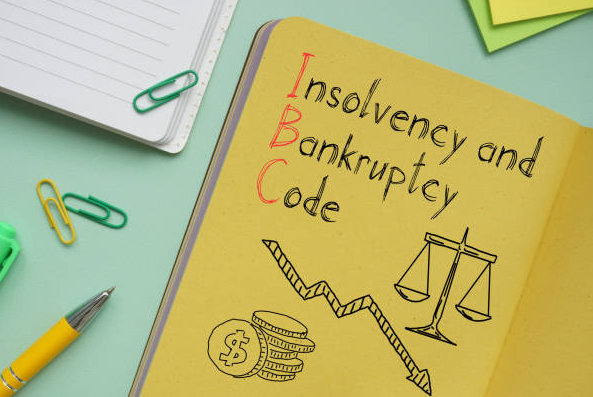Streamlining Insolvency Professional Appointments: The IBBI’s 2025 Guidelines for Insolvency Professionals

The Insolvency and Bankruptcy Board of India (IBBI) has recently issued a set of guidelines aimed at streamlining the appointment process for Insolvency Professionals (IPs) in cases of corporate and individual insolvency. These guidelines, titled “Insolvency Professionals to act as Interim Resolution Professionals, Liquidators, Resolution Professionals and Bankruptcy Trustees (Recommendation) Guidelines, 2025,” were released on May 27, 2025, and are designed to ensure a more efficient and transparent process for the appointment of IPs by the National Company Law Tribunal (NCLT) and Debt Recovery Tribunal (DRT). The guidelines are effective from July 1, 2025, to December 31, 2025, and are based on several key provisions of the Insolvency and Bankruptcy Code, 2016 (IBC).
The guidelines are issued under various provisions of the IBC, including Sections 16(4), 34(6), 97(4), 98(3), 125(4), 146(3), and 147(3). They are also supported by Rule 8(2) of the Insolvency and Bankruptcy (Application to Adjudicating Authority for Insolvency Resolution Process for Personal Guarantors to Corporate Debtors) Rules, 2019, and Rule 8(2) of the Insolvency and Bankruptcy (Application to Adjudicating Authority for Bankruptcy Process for Personal Guarantors to Corporate Debtors) Rules, 2019. These provisions and rules collectively aim to enhance the effectiveness of the insolvency resolution process by ensuring that only qualified and eligible IPs are appointed.
To be eligible for inclusion in the panel of IPs, candidates must meet several criteria. Firstly, there must be no pending disciplinary proceedings against them, either initiated by the Board or the Insolvency Professionals Association (IPA). Secondly, IPs must not have been convicted by a court of competent jurisdiction in the last three years. Additionally, they must submit an expression of interest along with consent to act as Interim Resolution Professionals, Resolution Professionals, Liquidators, or Bankruptcy Trustees. Lastly, IPs must hold a valid Authorization for Assignment (AFA) until the validity of the panel.
The expression of interest must be submitted in Form A by June 22, 2025. This submission serves as an unconditional consent by the IP to act in any of the specified roles. IPs are also required to specify the sectors in which they have handled assignments. The Board will prepare a common panel of IPs for appointment as IRP, Liquidator, RP, and BT, which will be shared with the Adjudicating Authority. The panel will be valid for six months and will include a zone-wise and bench-wise list based on the registered office location of the IPs.
The sorting criteria for the panel of IPs are based on the volume of ongoing assignments related to liquidation and corporate insolvency resolution processes. In cases where two or more IPs have the same score, they will be listed based on the date of their registration with the Board. IPs included in the panel are expected to accept appointments unless permitted otherwise by the NCLT, DRT, or IBBI. Refusal without justification will result in removal from the panel for six months.
The guidelines also include conditions for IPs, such as not surrendering their registration or membership during the panel’s validity period. The Adjudicating Authority has the discretion to appoint any IP from the panel. The 2024 guidelines have been repealed, and all actions taken under them are saved. These new guidelines aim to ensure a more streamlined and efficient process for appointing IPs in insolvency and bankruptcy cases, thereby enhancing the effectiveness of the IBC.
In conclusion, the IBBI’s new guidelines represent a significant step towards improving the insolvency resolution process in India. By setting clear eligibility criteria, requiring expressions of interest, and establishing a transparent panel system, these guidelines are expected to enhance the efficiency and fairness of IP appointments. This, in turn, will contribute to a more robust and effective insolvency and bankruptcy framework in the country.
For further details write to contact@indialaw.in
By entering the email address you agree to our Privacy Policy.



